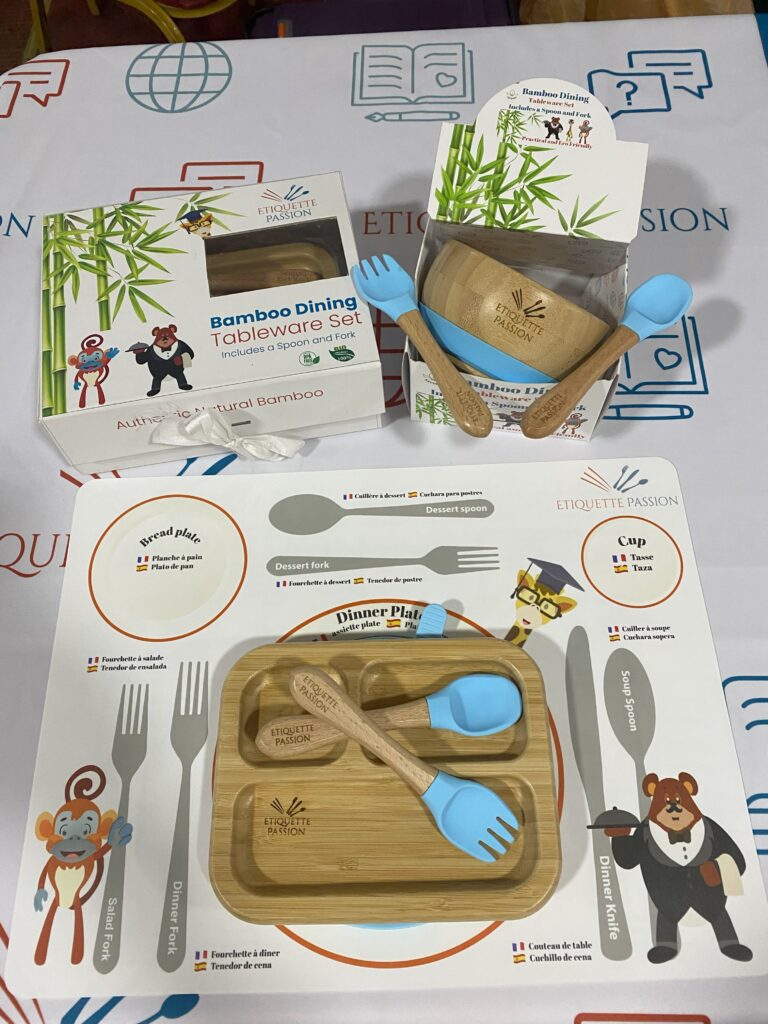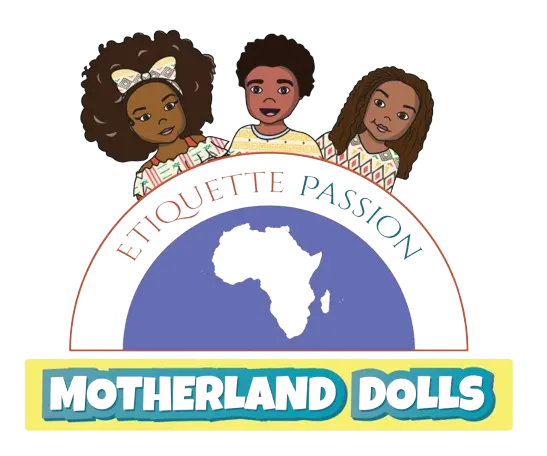Developing strong social skills is crucial for every child’s growth and success. For black children, it’s especially important to foster these abilities within a supportive and empowering environment that celebrates their unique identity. Here are some effective ways to encourage social skills in black children, helping them build confidence and meaningful connections.

1. Provide Positive Role Models
Surround your child with positive role models who reflect their identity. This can include family members, mentors, teachers, and characters in books and media who exemplify good social skills and ethical behaviour. Seeing themselves in these role models helps black children build confidence and aspire to develop similar social capabilities.
2. Encourage Group Activities
Involve your child in group activities where they can interact with peers, such as team sports, clubs, or community events. These settings provide opportunities to practice cooperation, communication, and conflict resolution. Encourage participation in groups that celebrate black culture and heritage, fostering a sense of belonging and pride.
3. Teach Active Listening
Active listening is a fundamental social skill. Teach your child to listen attentively to others, make eye contact, and respond thoughtfully. Practising active listening at home can prepare them for better interactions in social settings, enhancing their ability to build and maintain relationships.
4. Promote Empathy and Understanding
Help your child develop empathy by discussing different perspectives and encouraging them to consider others’ feelings. Role-playing activities with diverse dolls from MotherlandDolls.com can be an excellent way to practice empathy and understanding, as children can navigate various social scenarios and emotions.
5. Encourage Expressive Communication
Support your child in expressing their thoughts and feelings openly and respectfully. Provide a safe space for them to share their experiences and validate their emotions. This practice helps build their confidence in communicating effectively and assertively in social situations.
6. Model Positive Social Behavior
Children learn by observing. Model positive social behaviour in your interactions with others. Show kindness, respect, and good manners, and explain why these behaviours are important. Your example sets a standard for your child to emulate in their social interactions.
7. Discuss and Challenge Stereotypes
Have open conversations about stereotypes and biases they might encounter. Equip your child with the knowledge and confidence to challenge and rise above these stereotypes. Empowering them with a strong sense of self-worth and pride in their identity can help them navigate social challenges with resilience.
8. Use Affirmations and Positive Reinforcement
Use affirmations to boost your child’s confidence and reinforce positive social behaviours. Statements like “You are a great listener,” “You are kind and thoughtful,” and “You can make great friends” can encourage them to continue developing their social skills.
9. Create Opportunities for Social Interaction
Provide plenty of opportunities for your child to interact with others in a variety of settings. Playdates, family gatherings, and community events are excellent ways for them to practice and refine their social skills in real-life situations.

Conclusion
Encouraging social skills in black children is essential for their overall development and well-being. By providing positive role models, promoting empathy, and creating supportive environments, we can help them build the confidence and connections they need to thrive. At MotherlandDolls.com, we are committed to celebrating diversity and empowering children through our range of culturally representative toys and resources. Explore our collection today and join us in nurturing the social skills and confidence of every child.
Written by Lola Awofadeju, CEO of MotherlandDolls.com Versatile author, educator, and advocate for children’s etiquette and social skills.
